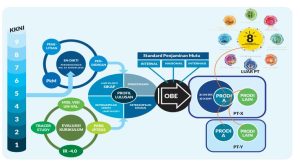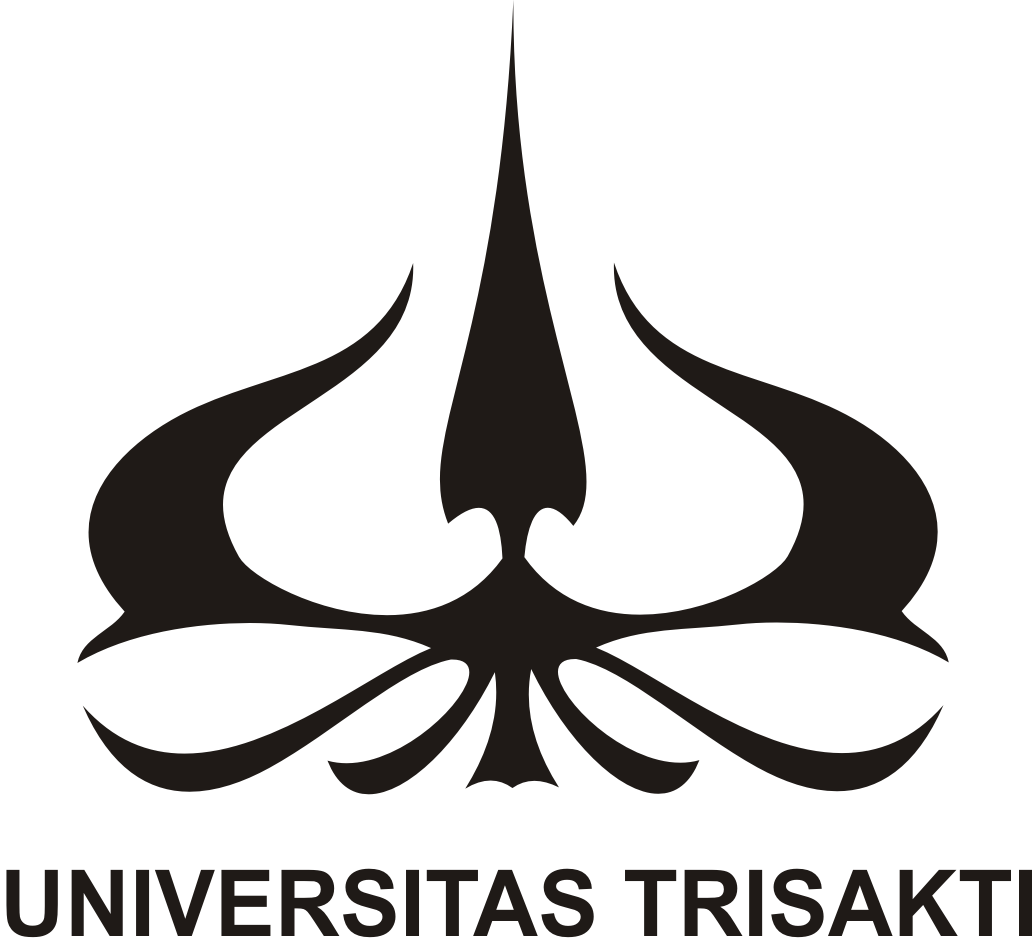- Jalan Kyai Tapa No. 1 Grogol
- Jakarta Barat, Indonesia
- Phone: (62-21) 566 3232
- Fax: (62-21) 564 4270
- Email: humas@trisakti.ac.id
Independent Learning Program – Campus – Management Study Program
Free Learning Program – Campus
The Free Learning-Independent Campus Policy (MBKM) is supported by the diversity of learning forms (Article 14 SN-Dikti) and the existence of facilities for students to study in three (3) semesters outside their study program (Article 18 SN-Dikti). The implementation of the Merdeka Learning-Independence Campus program is intended for Bachelor/Applied Bachelor Programs. The purpose of this MBKM is to fulfill the Graduate Learning Outcomes that have been set by each Study Program but with different forms of learning. The right of students to carry out learning activities outside their study program for 3 semesters provides an opportunity to gain additional competencies beyond the Learning Outcomes set by the Study Program as provisions for entering the world of work after graduating from undergraduate. In addition, the experience gained will strengthen graduates’ readiness to adapt to developments in the world of work, life in society and foster lifelong learning habits. (MBKM Guidelines)
The implementation of the MBKM program refers to the MBKM flow which is explained in the following figure (MBKM Guidelines):

Picture of Curriculum Development Flow to Support Implementation
Independent Learning Independent Campus
From the picture above it can be seen that the MBKM Curriculum is applied by study programs in 3 ways:
- The MBKM learning process is carried out by students in Higher Education (PT) itself which can cross study programs
- The MBKM learning process is carried out by students outside of Higher Education (PT) which can be fellow study programs or other study programs
- The MBKM process is carried out by students with the industrial world (Internship), where apprenticeship activities will be recognized/converted into courses in the study program.
Based on the picture above, the study program offers MBKM in accordance with CPL and CPMK and according to the study program’s operational curriculum as follows:
- Inter-Prodi Lectures within the scope of PT
- Lectures between study programs and across study programs outside the PT (there has been cooperation)
One-semester Internship Program (20 credits) with an existing Industry Collaboration.
MBKM Prodi Program
Describe the CPL PS which requires additional competencies that can be taken from the MBKM Program
TABLE: Additional competencies that support graduate competencies
| CPL | Additional Competency | Followed MBKM program |
| Q: Graduates have integrity, responsibility, and noble morals
Q: Graduates are able to analyze current development economic and financial problems and their future developments by using concepts, theories and methods in the fields of micro, macro economics, development planning and finance.
KU1: Graduates are able to communicate orally and in writing (publication) and work in teams and are able to use digital information technology.
KU2: Graduates Able to apply economics knowledge to open entrepreneurship
KK1: graduates are able to demonstrate economic conditions based on micro, macro economic theory, development planning and financial theory.
KK2: graduates are able to design models to support development economic and financial decision making using concepts, theories and methods in the fields of micro, macro economics, development planning and finance with techniques mathematics, statistics, and econometrics.
KK3: graduates are able to evaluate, choose development economic and financial models to solve problems planning economics and finance
|
Graduates have the ability to adapt to the culture of the world of work (industry) | Inter-Prodi Lecture Program within PT |
| Graduates are able to compile, analyze and interpret development and financial plans | Inter-Prodi Lecture Program outside PT
Such as: – KMMI |
|
| Graduates have interpersonal skills and soft skills and are able to establish cooperation
programs
|
Internship Program in Industry
Like: – KMBI – Ministry of Finance – Bappenas – BUMN |


